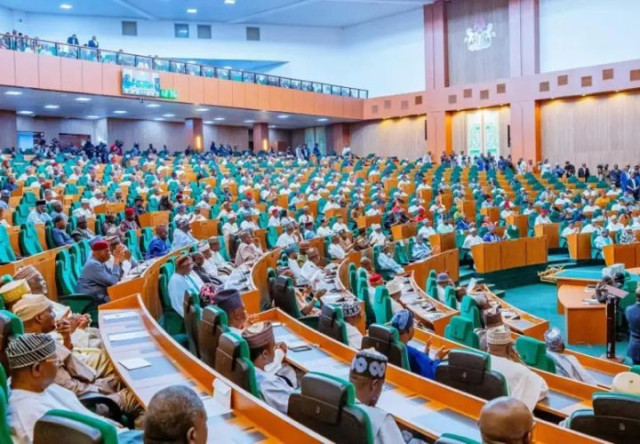The House of Representatives is set to hold a public hearing to gather feedback from stakeholders regarding a proposed Bill to create the National Independent Project and Monitoring Agency (NIPMA).
This agency aims to promote transparency, accountability, monitoring, and evaluation of projects nationwide.
Sponsored by Chinedu Martins, the representative for the Ahiazu/Mbaise/Ezinihitte Federal Constituency in Imo State, the bill seeks to ensure that Federal Government projects meet high standards and are completed on time and within budget.
Once established, the agency will provide independent oversight to eliminate collusion, enhance accountability, and significantly decrease the occurrence of abandoned projects.
The bill also aims to identify inflated project costs early and ensure value for money, thereby saving government funds.
During a recent speech in Abuja, Martins pointed out that every year, the President of Nigeria presents an Appropriation Bill detailing capital expenditures amounting to trillions of naira for developmental projects.
These projects are managed by various Ministries, Departments, and Agencies (MDAs) and carried out by contractors following the Public Procurement Act of 2007.
However, the reality is troubling, with many abandoned, substandard, or poorly executed projects across the country. This situation not only represents waste but is also unacceptable.
A significant factor contributing to these failures is the lack of an independent, transparent, and reliable monitoring system for project execution by MDAs.
Martins argued that the same MDAs awarding the contracts are also responsible for monitoring their implementation, leading to an inherently flawed system.
He cited the common saying that one cannot serve as the judge in their own case, emphasizing that such self-supervision fosters inefficiency and allows contractors to cut corners, resulting in numerous abandoned projects and unaccounted-for billions of naira.
In response to these governance issues, Martins proposed the establishment of NIPMA as a statutory body tasked with monitoring, tracking, and reporting on the status of all federally funded projects in Nigeria.
He highlighted that the benefits of this bill are extensive: with NIPMA in place, standards for project execution can be upheld, and projects can be completed within budget and on schedule.
Independent oversight will not only eliminate collusion and enhance accountability but also significantly reduce the number of abandoned projects.
Moreover, establishing the agency will create job opportunities for engineers, auditors, quantity surveyors, data analysts, and other professionals, stimulating local economies in the communities where projects are located.
Effective monitoring will identify inflated project costs early and ensure fiscal responsibility, saving the nation billions of naira each year. Increased transparency in the utilization of public funds will help restore citizens' trust in the government.
When infrastructure projects are properly executed, they can boost commerce, attract investment, and foster national development, ultimately contributing to economic growth and poverty reduction.
Martins reiterated that NIPMA will not conflict with existing institutions such as the Bureau of Public Procurement or the Office of the Auditor-General; instead, it will complement them by fulfilling the urgent need for real-time, on-the-ground monitoring of capital projects.




















